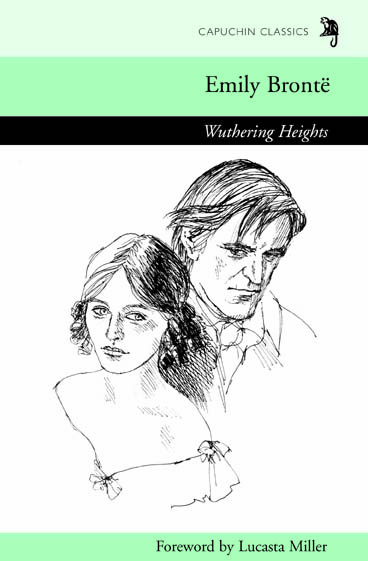
Today's blog is provided by Tom Stacey, in witty praise of O. Henry, a selection of whose stories we publish later this year, which is the centenary of his death. Details of the book will appear soon on our website.
of the genre.
"You," said the panel, "are our choice as writer of the Introduction to our Capuchin O. Henry revival. We're bringing out 'The Gift of the Magi and Other Stories' by O. Henry in October, and we want a thoughtful and preferably brilliant introduction by the week after next."
"I've never read an O. Henry story," I protested.
"We said," they said, "'the week after next.' A week to read the
selected stories, a week to write the Introduction."
selected stories, a week to write the Introduction."
"What's the fee?" I asked.
"It's an honour to be asked," said the panel.
That night I began to read some of the chosen stories. Gosh, I was captivated by a combination of compact yarning, absolute precision of ear and eye, unflagging compassion for the underdog and an unquenchable and wholly idiosyncratic wit as to the gift of life. His stories lay somewhere between de Maupassant and Runyon, I could see at once. Indeed they do – in chronology, flowing out (at extraordinary pace) at
the turn of the previous century, and in creative wisdom. How did he ever come fall out of print this side of the Pond? I wondered.
the turn of the previous century, and in creative wisdom. How did he ever come fall out of print this side of the Pond? I wondered.
The I began to research the fellow. It was a life of sharpest light and shade: love, bereavement, a flight from justice, a spell in jail ... and a brief life too: cirrhosis carried him away before he was 50.
Now I'm a lifelong O. Henry devotee.
Thanks, Capuchin panel.
Thanks, Capuchin panel.
Tom Stacey




_02.jpg)





